An Animal Lover’s Guide To Getting Rid Of Common Pests
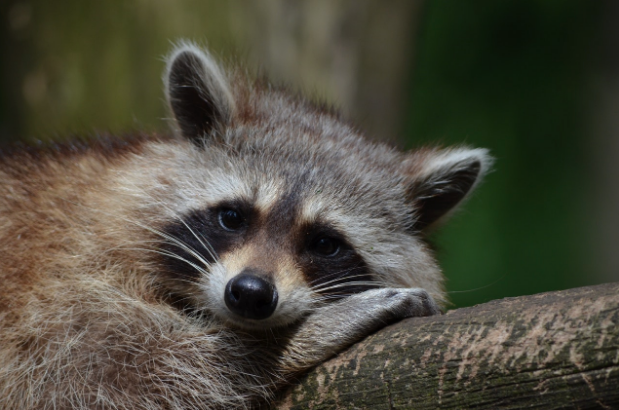
It isn’t everyone’s cup of tea to poison or catch animals that happened to stray into your yard or home. But as it turns out, traditional methods are much more dangerous than you might think!

The Dangers Of Poison.
Unfortunately, poison is one of the most common remedies used for pests These poisons are also readily available and anyone can purchase them. That’s a haunting thought once you realize what it really does. Rodenticides (rodent poison) can have one of the 10 common active ingredients; Warfarin, Chlorophacinone, Diphacinone, Bromadiolone, Difethialone, Brodifacoum, Bromethalin, Cholecalciferol, Zinc phosphide, Strychnine. These poisons are made to kill rodents like rats, mice, squirrels etc. The rodents are becoming more and more resistant to them, meaning they don’t always die, and some only die days after ingesting in all the while being sick and in extreme pain.
Inhumane.
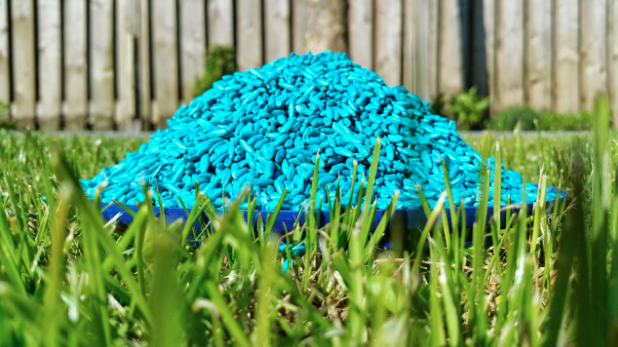
If only that were the biggest problem. You see, these poisons do not break down once the rat dies. That means that something else will come along and eat the rat because it’s food and get sick. (Kind of just like what the rat did). Small rodents are eaten by raccoons, reptiles and bigger and bigger mammals and so the poison can spread all the way to the top of the food chain. By poisoning rats, you could be unhinging a substantial part of the ecosystem. If that weren’t enough, most of those ingredients we mentioned, are highly toxic to humans and can make us sick by means of ingestion (kids), inhalation, skin irritation and eye irritation. Luckily, there are some things you can do to prevent or otherwise get rid of these pests yourself. For example, a good way to prevent any more pests from coming in your house is by ensuring that certain areas in your house are replaced or repaired. You can go the route of paying full-price, but the best way to lower costs is by investing in a home warranty. Not only can it help lower costs, but will be helpful in the long-run as you continue to live in your home.
However, it should be noted that some infestations can be more stubborn than others, like raccoons in the attic, but before resorting to poisons, call a pest removal company. They deal with pests in a humane way and know how to handle them without being bitten or infected.
Prevention
Pests are uninvited, that much is obvious, but there are still things you can do to help prevent infestations as much as possible. Infestation is when the pest reproduces in a space where they aren’t supposed to be, it happens when an animal is comfortable wherever it may be. Raccoons in the attic, rats in the basement, roaches in the cupboard by the water heater. They’re all typical places each of these animals will feel comfortable. That being said, there are different ways to ensure different pests stay out of your home and garden.
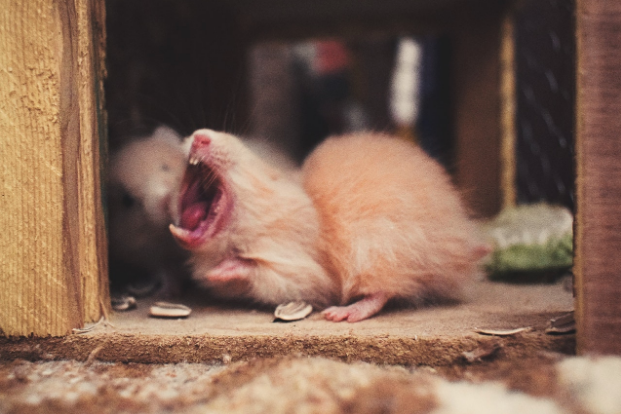
Rats and mice
There are many Old Wives Tales about keeping rats and mice away such as mothballs, peppermint oil, ammonia, cat urine (what?) but hardly of any of these prove effective in the long run if at all. Rodents are a stubborn breed and if strong smells bugged them, they wouldn’t hang out in dumpsters now, would they? The truth is the only way to keep them out is by finding any possible entrances to your home, like holes in the roof, walls or roof seal them shut and by keeping vulnerable doors and windows closed. That’s it. No more rodents. But if you do find yourself in a position where they forced their way in (rats can chew through concrete) consider non-lethal traps that you can make yourself or pest removal, but never ever handle wild animals yourself. They carry horrendous diseases that you can contract by merely inhaling their excretions.
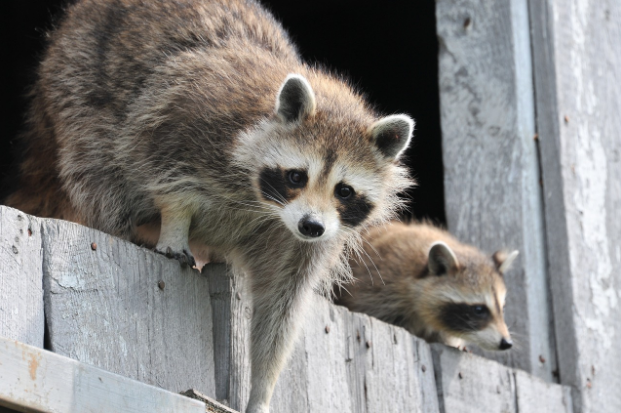
Raccoons
These things may tiny, but boy can they make a mess! They’ll certainly give a 2-year-old a run for their money.Random destruction like a mess around the trash cans, a destroyed garden, an empty bird feeder on the ground and blurs of grey and black running away, are all pretty reliable signs that you may have raccoons. Like any wild animal, raccoons love easy food; berries, corn, melons or other delectables growing in your garden can draw them in. Not to mention, pet food, bird feeders and unsecured trash cans. Sometimes they simply want a warm, dark and quiet space to raise little ones. But food too, always food. The same applies, to cover any potential entrances but raccoons will live in your yard too, so you have to take away what is attracting them. They also hate loud noises, so you can scare them off with some blasting music. Something to remember, however, that before you take action to get rid of raccoons, if they have babies you should wait until the babies are stronger and can join the mother in the wild. Otherwise, they will most certainly die. Raccoons can carry rabies and they are very protective of their young, so if you spot them, try not to go near them. Scope them out with binoculars if you can, before you can determine your next step.
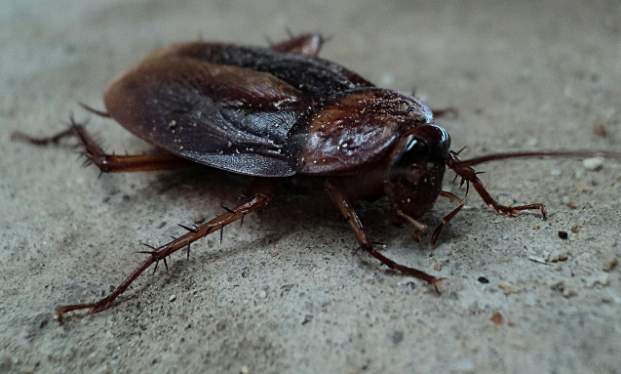
Cockroaches
Roaches are gross little bugs that tend to multiply at an alarming rate. A single female cockroach can easily produce 150 offspring (that also reproduce) in a matter of a year. Before you know it your house is crawling with them. Cockroaches are after food. Yup, totally surprising. To prevent them from sticking around you should clean out your kitchen and its contents, any rooms that can have old food (because kids) and properly clean all of it. Also make sure to keep all food properly sealed in resealable containers, for example, to minimize the chances that a stray roach can find it. Cluttered, humid and hot spaces (Attic with a roof leak maybe?) are ideal for these things to reproduce, make sure to check and recheck (because they can live 3 months without food) any places you suspect of harboring cockroaches.
In Conclusion
Pests can be frustrating, bordering infuriating but there is always a humane way to take care of it, you only need to be determined enough to find the right solution. Maybe a better way to go about this is making sure that every opening in your house, whether it be your roof, window, a small crevice in a pipe, or even an appliance leading into your house is covered. Not only will it help prevent any pests from getting in your home, but it also decreases the chance of an animal getting hurt. If you’re afraid of how costs may affect you, it would be ideal to invest in a home warranty so you can decrease costs.



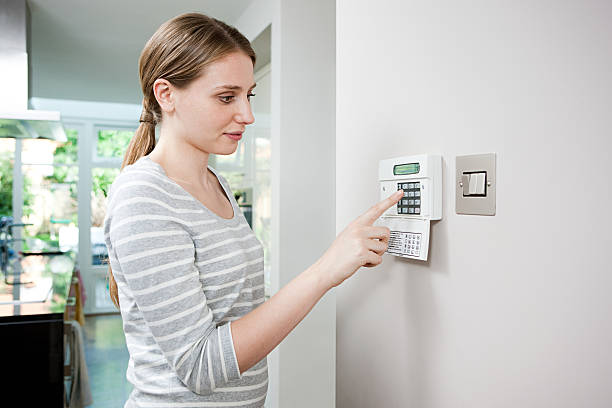



Leave a Comment